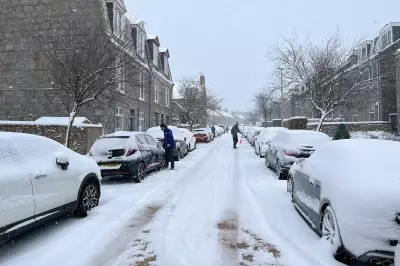
Academic staff at universities across the United Kingdom have downed tools this week, launching a significant five-day strike that's set to disrupt classes and assessments for countless students.
The industrial action, coordinated by the University and College Union (UCU), involves staff at 140 institutions from Monday through Friday. This marks the latest escalation in an ongoing dispute over staff compensation, working conditions, and proposed changes to pension schemes.
Multiple Grievances Fuel Walkouts
University employees are protesting on several fronts, with pay representing a central concern. The UCU has rejected what it describes as a "inadequate" pay increase of 5-6% offered by employer representatives, arguing this falls well short of addressing the cost-of-living pressures facing staff.
Beyond salary concerns, striking staff highlight increasingly precarious working conditions across the sector. Many point to the growing use of temporary contracts and what they characterise as unsustainable workloads that have become commonplace in higher education.
The dispute also encompasses proposed changes to the Universities Superannuation Scheme (USS), with staff concerned about potential cuts to their retirement benefits.
Widespread Disruption Expected
The timing of the strikes is particularly sensitive, occurring during a crucial period for students. The walkouts are expected to affect:
- Lectures and seminars across multiple disciplines
- Student assessments and marking
- Academic support services
- Departmental operations
Among the affected institutions is the prestigious University of Edinburgh, where staff have joined colleagues nationwide in taking industrial action.
Employers Defend Their Position
Representing university management, the Universities and Colleges Employers Association (UCEA) has defended its pay offer as "fair and reasonable" given the financial constraints facing the sector. They maintain that the proposed increase represents the "maximum affordable" position for institutions.
The Department for Education has echoed this sentiment, emphasising the importance of "minimising disruption" for students while encouraging both parties to return to negotiations.
Students Caught in the Middle
The walkouts place students in a difficult position, with many expressing sympathy for staff concerns while worrying about the impact on their education. Student unions across the country have largely supported the industrial action, recognising the connection between staff working conditions and student learning experiences.
This latest round of strikes represents the most significant industrial action in the higher education sector this academic year, highlighting the deepening tensions between university staff and management over the future direction of UK universities.





